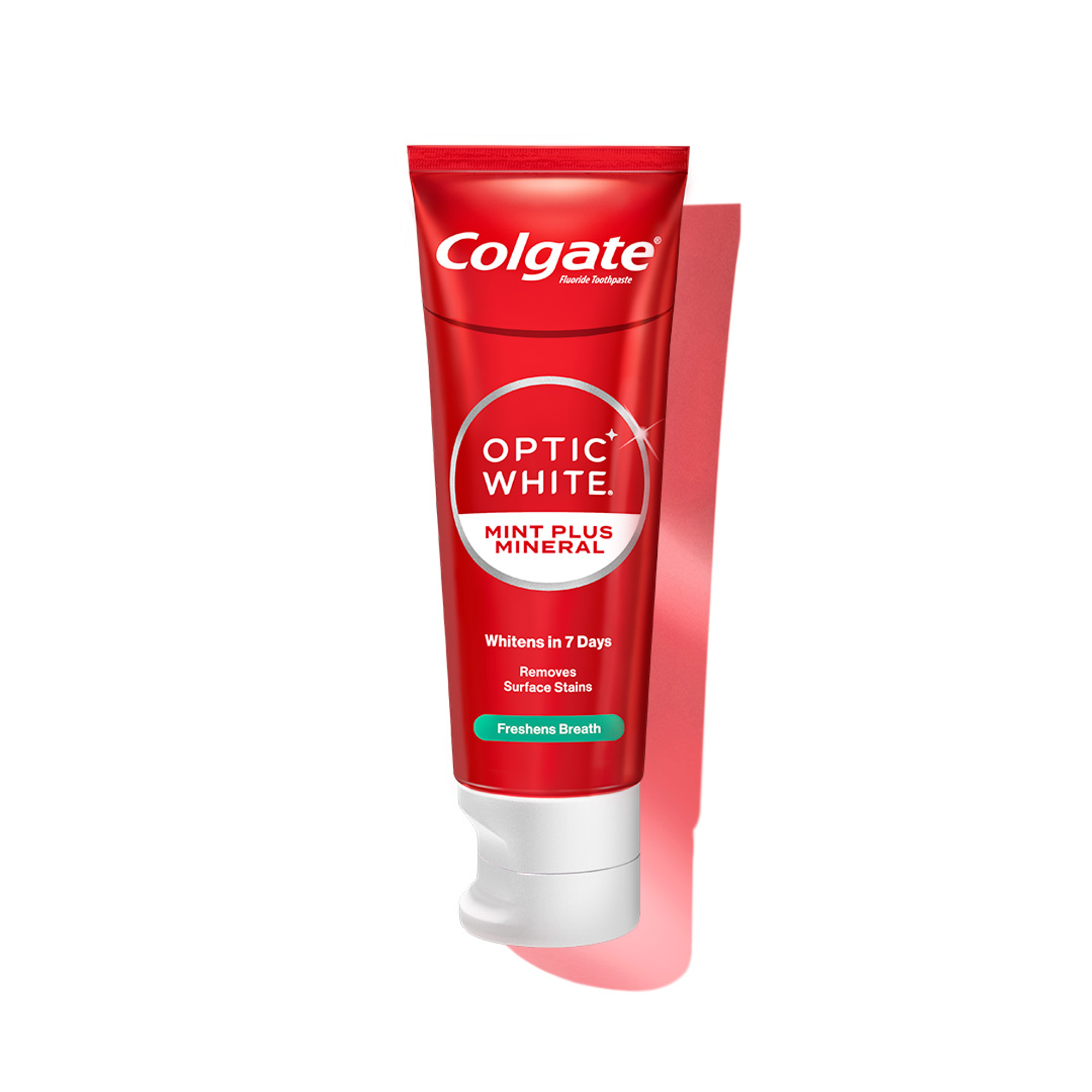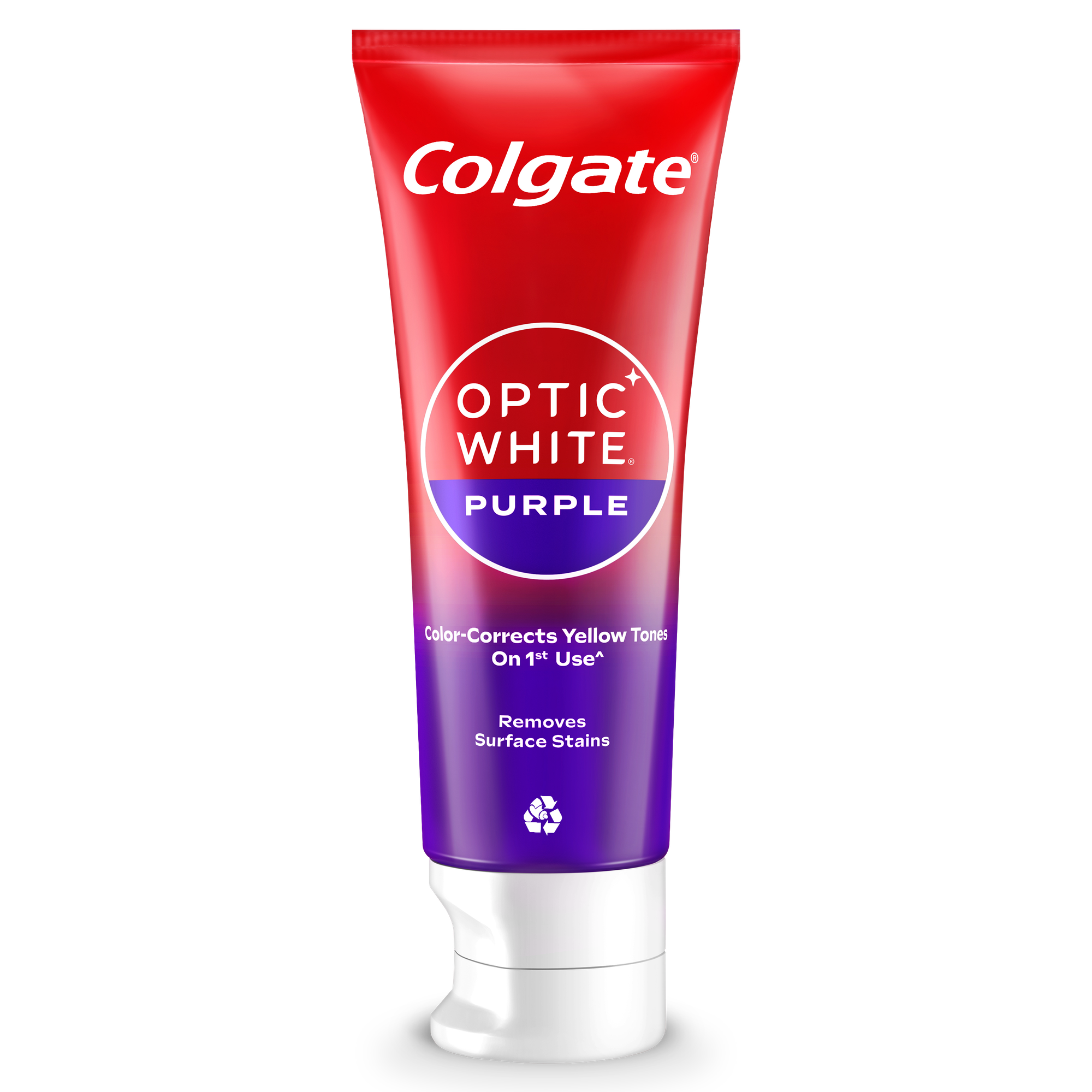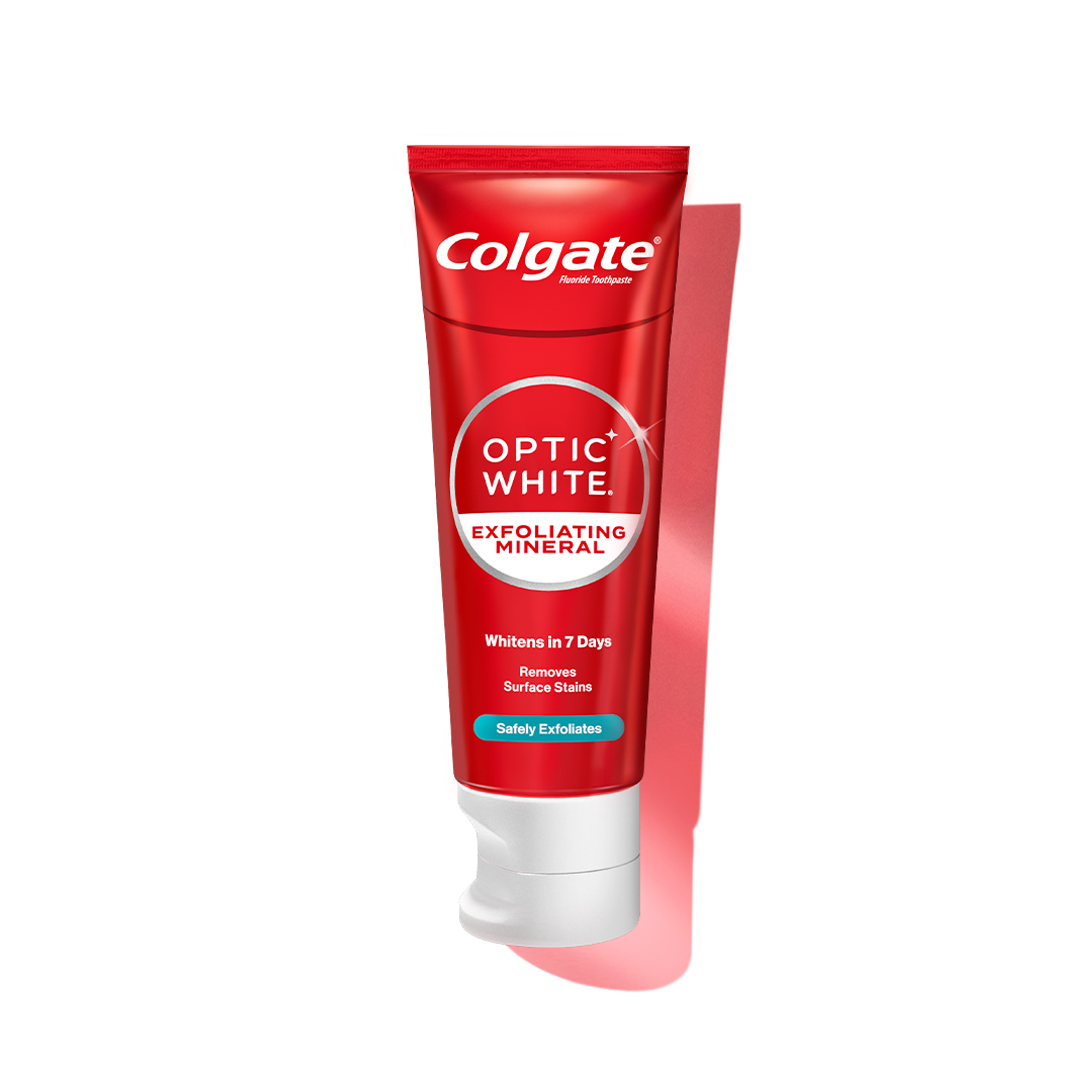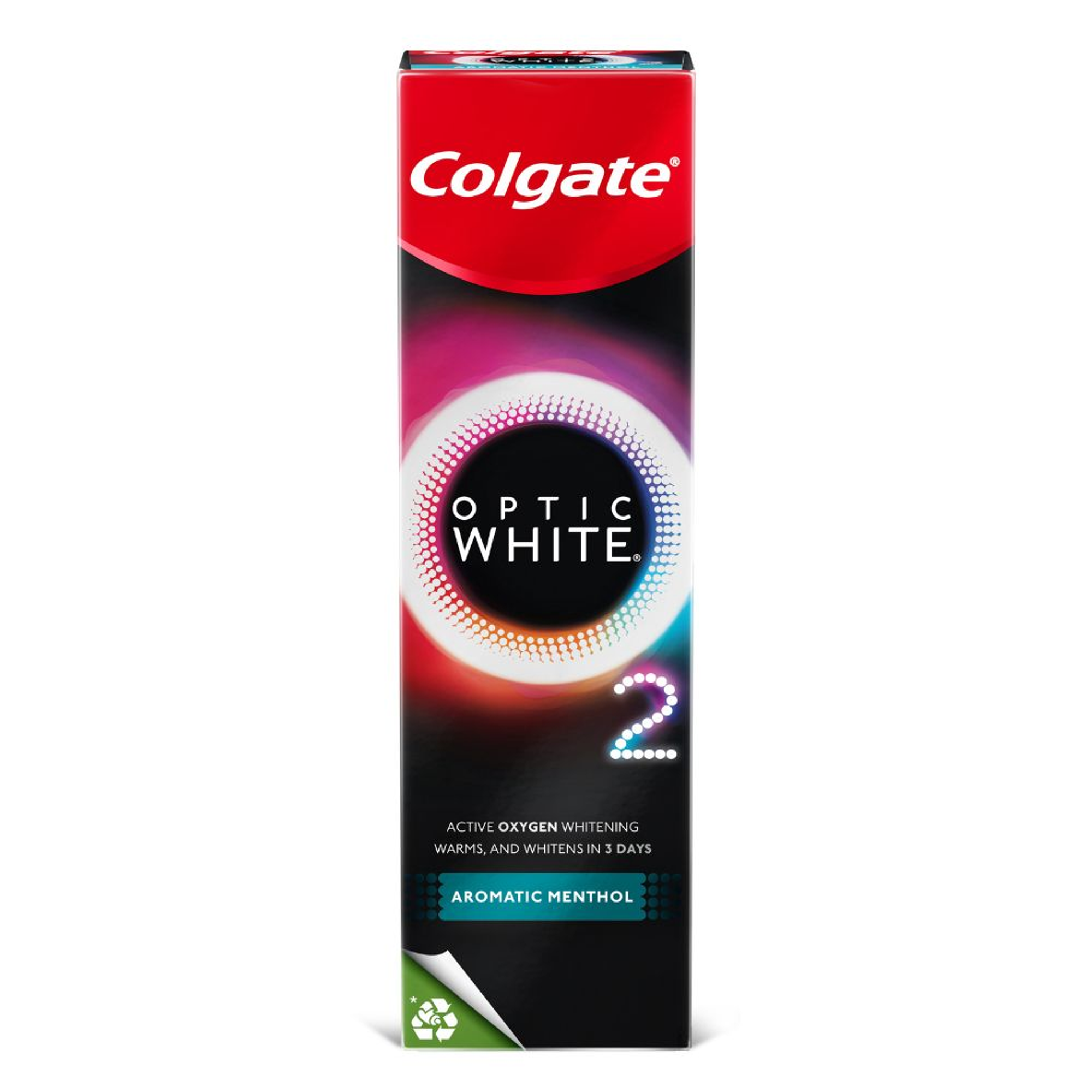What is Teeth Whitening?
People often whiten their teeth to flaunt a bright, white smile on special occasions. Teeth whitening is a dental procedure that reduces tooth discolouration to reveal healthy-looking white teeth. It uses whitening agents to remove tooth stains and lighten the shade of the teeth. With the supervision of a dentist, it is a safe procedure without side effects like tooth sensitivity.
The working of teeth whitening methods depends on the type of tooth stains. Dentists have identified three types of tooth stains - extrinsic, intrinsic and age-related. Extrinsic stains, or surface stains, occur on the hard outer tooth enamel, while intrinsic stains are deeper and affect the underlying dentin. Thinning of the enamel and darkening of the dentin as you age lead to age-related tooth discolouration. The common causes of tooth stains include:
Overconsumption of pigmented foods and drinks like tea, coffee, and red wine
Smoking and tobacco use
Injuries and trauma leading to black, brown or grey discolouration
Excess exposure to fluoride at early ages (fluorosis)
Yellow tartar (hardened plaque) deposits caused by poor dental hygiene
Genetic factors and ageing
Teeth Whitening Options
If your teeth are stained, you can choose from plenty of methods for whitening teeth. These include teeth whitening products, such as whitening toothpaste, that easily remove surface stains. Whitening treatments and take-home kits from a dentist provide you with faster results. The costs, effectiveness, and duration of the results differ for each method.
Individuals choose treatment options to whiten teeth based on their needs and preferences. Besides teeth whitening techniques, a proactive approach to dental care and lifestyle changes helps you minimise tooth stains.
In-Office Whitening
In-office whitening is ideal for those who need faster and more dramatic results. Dental professionals usually offer chairside bleaching to remove deep set and surface stains from teeth. It usually brightens the natural teeth from five to seven shades. Dentists use whitening agents and advanced technologies such as LED light to deliver quicker whitening results.
Professional teeth whitening treatments use bleaching compounds, like hydrogen peroxide or carbamide peroxide, that act on the stains and lighten the tooth shade. A tooth whitening procedure with a dentist usually takes an hour or two, and repeated treatment may be necessary for severely discoloured teeth. With proactive oral care, the results can last for up to a year.
Home Whitening Kits
At-home whitening kits are offered by a dentist or available over the counter. They are often less costly than in-office bleaching and provide a convenient whitening solution to try from the comfort of your home. A dentist can provide a custom-fit tray or mouthpiece to hold the whitening gel. You may be told to wear it for several hours a day or overnight for a specified duration.
Like in-office treatments, take-home teeth whitening kits use bleaching agents but in a lower concentration. The whitening process is gradual, and your dentist will review the progress till the desired shade of whiter teeth is achieved.
Whitening Products
If professional teeth whitening costs concern you, over-the-counter whitening products offer a better alternative. They include:
Whitening toothpaste: They use mild abrasives to help remove surface stains. Some include active ingredients that work beyond the enamel on deep-set stains. While fluoride toothpaste is vital for oral hygiene, one with a whitening formula helps combat surface stains effectively.
Whitening strips: These are thin, wearable strips coated with a bleaching gel. They are an easier teeth whitener option than trays. The bleaching agent whitens the teeth gradually. Consult a dentist for proper recommendations to avoid side effects like sensitive teeth from stronger bleaching agents.
Whitening pens: They are an easy option for busy individuals to combat teeth stains. The whitening formula includes a serum or gel to lighten the stains. Whitening pens are typically used after brushing by applying a thin layer of gel to the teeth and leaving it for a specified duration.
Who Should Get Their Teeth Whitened?
Though everyone desires to flaunt whiter teeth, tooth whitening treatments may not suit every individual alike. A dentist will examine your oral condition to suggest what is best for you. Whitening treatments to tackle different types of tooth stains are ideal for people with otherwise healthy teeth and gums. Chairside bleaching may not be effective on dental restorations like tooth-coloured fillings or metal crowns.
Some people have structural defects or deformities on teeth. In such cases, a dentist may recommend using veneers of a desired shade over a whitening treatment. It is important to book an appointment with your dentist and seek proper treatment for oral problems like tooth decay, tooth sensitivity or gum disease before whitening teeth.
You can choose from various options available for teeth whitening in Singapore. They include in-office whitening, take-home kits and whitening products. It is vital to consult a dentist to find out whether whitening suits your unique oral conditions. Your dentist can suggest what works best for you. Good oral hygiene habits and lifestyle changes help you combat tooth stains for a brighter smile.
Frequently Asked Questions
1. Is teeth whitening safe?
Yes, teeth whitening is usually safe when done with the supervision of a dentist or using a recommended whitening product as directed. In-clinic whitening treatments use safer concentrations of bleaching agents. Products such as whitening toothpaste contain mild abrasives and active ingredients. Consulting a dentist is important to avoid side effects like tooth sensitivity and gum irritation.
2. How long does teeth whitening last?
The duration of the whitening results depends on the whitening method, your dental care and lifestyle habits. Professional treatments offer results lasting up to a year, with proper oral hygiene, limited use of coloured foods and drinks, and avoiding tobacco use. Take-home kits from a dentist offer more lasting results than products with milder whitening agents.
3. How can I get white teeth fast?
In-office teeth whitening with a dentist offers quicker and more dramatic whitening results. Dentists use safer concentrations of bleaching agents to break down stains. It involves using advanced technology like LED light to meet the results faster. In-office whitening usually takes one visit, achieving results in an hour or two.
4. How to naturally whiten my teeth at home?
Over-the-counter products offer a safe and easy option to whiten teeth at home. Whitening toothpaste contains mild abrasives and active ingredients. They help remove surface stains effectively. It is best to consult a dentist to determine what works for you. Ideally, avoid using home remedies as they lack scientific evidence and can be potentially harmful.














